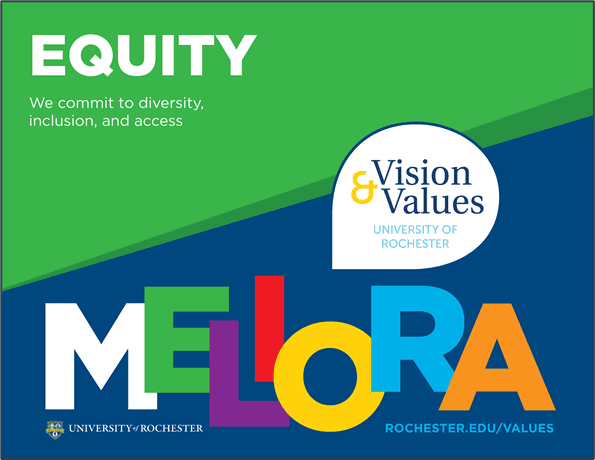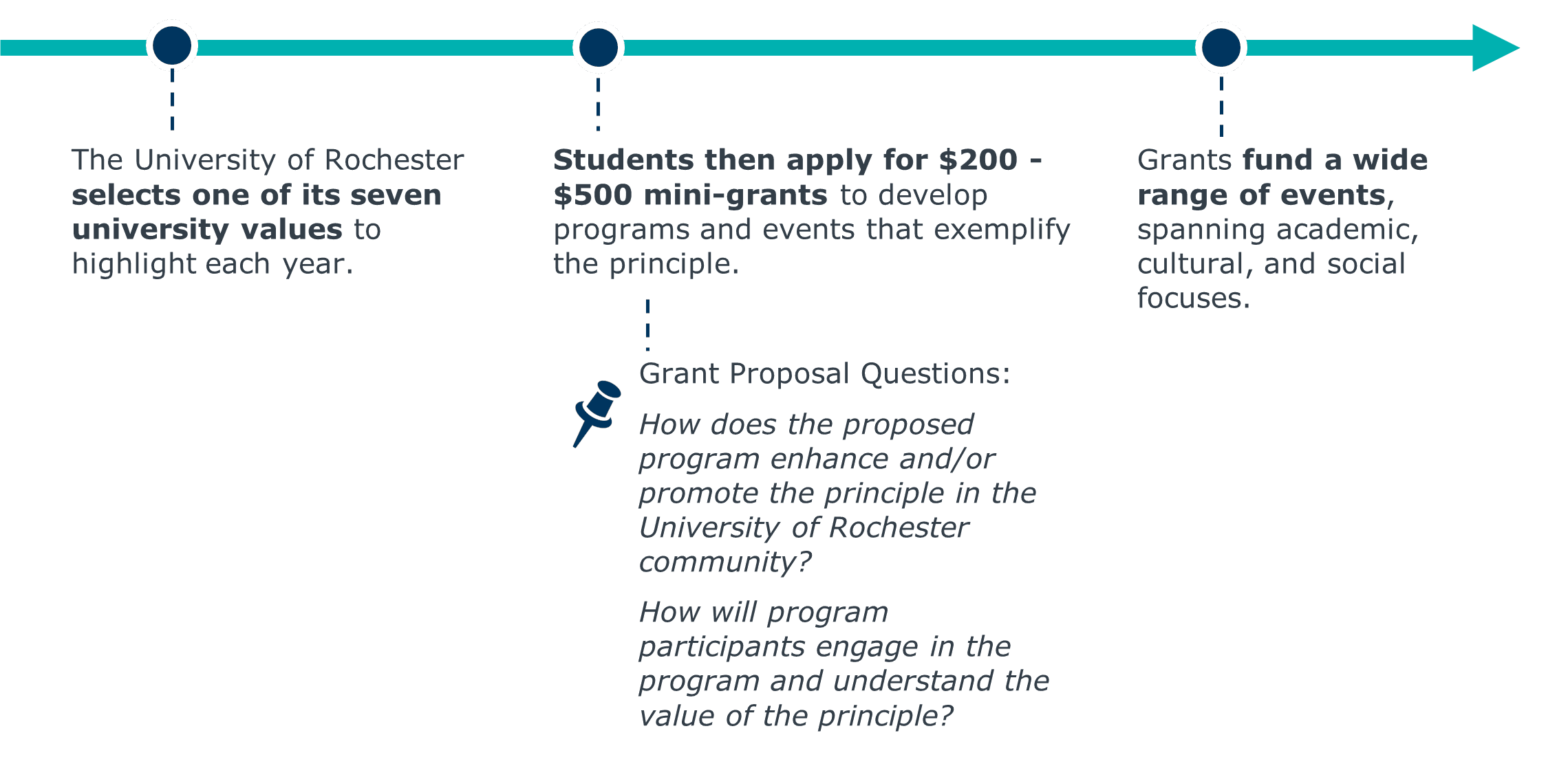How promoting institutional values strengthens campus climate
December 3, 2020
From student protests at Michigan State to shouting at speakers at McMaster University, the issue of free speech emerged as a common flashpoint issue for many higher education institutions over the past decade. In response, institutional leaders reaffirmed and publicized their institutional position on free speech and expression. A well-known example is the University of Chicago’s Report of the Committee on Freedom of Expression. So far, over 75 universities adopted or affirmed the University of Chicago’s free speech principles.
In affirming or adopting free speech policies, university leaders can inadvertently signal that the university only values free speech or elevates free speech above other university values like empathy, academic rigor, diversity, equity, or inclusion. Such signals include “Free Speech” pages on university’s home webpage or free speech statements that do not discuss the relationship between free speech and the university’s other values. Statements that isolate university free speech values may disharmonize students who question if the institution values diversity and inclusion to the same extent as free speech. To promote a holistic view of their institution’s values, institution leaders must articulate, reinforce, and allow students to reflect on the university’s values. These three steps will help university leaders turn abstract values into values students engage with and ponder during their time on campus.
Articulate
A cross-campus committee at Colgate University composed a statement on free speech that includes and elevates the importance of the university’s other institutional values (e.g., empathy, curiosity, warmth of spirit). The statement also acknowledges dissonance across different institutional values. Specifically, the statement acknowledges a potential tension between the institution’s commitment to free speech and diversity, equity, and particularly inclusion. The speech of one group may erode another group’s feeling of inclusion. Infusing this nuance into their statement on free speech helped leaders at Colgate University address student concerns with “typical” free speech statements.
Excerpts from Colgate University’s Task Force on Academic Freedom and Expression
“Among these [shared values of the Colgate Community] are empathy, curiosity, warmth of spirit, concern for others … Without the practice of these values, freedom of expression can lose much of its potential to advance understanding and knowledge.”
“Over its history, Colgate, like the broader society, has engaged in exclusionary practices that have had a negative impact on members of the community. Colgate should reaffirm its commitment to eliminate exclusionary practices, support the inclusion of marginalized and underrepresented groups, and promote equity of access and expression.”
“The Task Force believes that a commitment to freedom of expression provides an important means of mitigating the negative impacts of exclusionary practices by giving voice to marginalized views. While a commitment to freedom of expression does not in and of itself resolve these issues, it is an indispensable tool for enabling those with underrepresented or unpopular views to be heard.”
Reinforce
Institutions need to articulate and elevate university values, but that will not suffice. Institution leaders must also reinforce their values so they remain top-of-mind across the year. The Office of the Dean of Students at the University of Rochester developed a promotional campaign to reinforce their institution’s Meliora-Latin for “better”-values (Meliora, equity, leadership, integrity, openness, respect, and accountability). Each year, the University of Rochester spotlights one of the seven goals. The campaign follows three steps:

- Design consistent and memorable branding.
- Promote through a wide range of mediums (e.g., email signatures, screen savers on library computers, postcards in faculty and administrator offices, banners in the student union, pens, t-shirts, etc.).
- Direct students, through promotions, to information on all the university’s values, not just the one leaders spotlight that year
To bolster their promotional efforts, leaders at the University of Rochester offer Meliora mini-grants to encourage students to engage with the values. Mini-grants can help students develop events or programs that interact with or discuss an institutional value. In other words, the mini-grants bridge the gap between promotion and practice.
These strategies from the University of Rochester transform their institutional values from concepts students might recall from orientation, to concepts students actively remember, explore, and promote.
University of Rochester Meliora mini-grants

Reflect
After articulating and promoting the institution’s values to students, leaders should give students a chance to reflect and respond. Without a chance to think and react, students may feel the institution just wants to impose values unto them, and not engage with them. Amanda Nannarone and Professor Lara Schwartz at American University developed the Building My Voice Workbook to prompt students to reflect on their own values and how they relate to American University’s free speech values. The authors designed the workbook for first-year experience courses.
Nuanced articulation, reinforcement, and reflection of institutional values will help build a better campus climate where all students-and their values-can thrive. These steps help transform staple, abstract, institutional values into values students hear, see, feel, and consider every day on campus.
Ask students to reflect on their values
Questions from American University’s Building My Voice workbook
- What is the purpose of higher education?
- What are your goals (personal, professional, academic, etc.) for your time here?
- In your opinion, what is the purpose of free speech?
- Are there limits on free speech? Should there be?
- Do all ideas deserve equal time?
- Why do you speak? What kind of speaker are you?
- How do you listen? To understand or to respond?
Related Research

Free Speech Policy Audit
More Blogs

Essential guidance for exploring your institution’s legacies of racism

Higher ed is reaching a turning point in institutional reckoning
